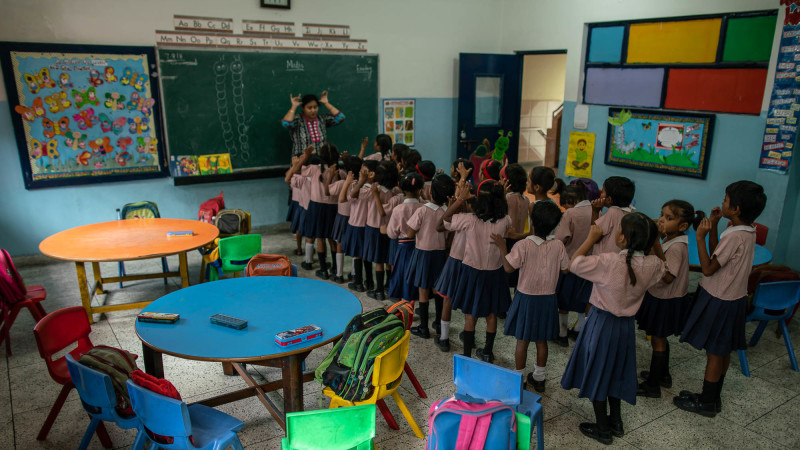News Details

In a Perspective in Nature Sustainability, Scientific Director Guido Caniglia and collaborators outline a pluralistic and integrated approach to classifying and connecting the diverse kinds of action-oriented knowledge identified in previous sustainability research. Insights from the philosophy of action and the philosophy of science inform the arguments in the paper. In comparison to existing works dealing with actionable, transformative, transformational, solution-oriented or action-oriented knowledge for sustainability, they suggest taking two conceptual turns.
First, they argue that, in order to understand the knowledge needed to support actions and interventions for sustainability, we need to get a clearer idea of what we mean by actions for sustainability. Actions for sustainability are adaptive and emergent processes that enhance learning and build individual and collective capacities to initiate or reinforce pathways towards alternative ecological, economic, societal and cultural arrangements. Actions processes (1) are intentionally designed to create transformative change towards sustainability; (2) involve shared agency of multiple actors; and (3) materialize through contextual realization in constantly evolving and emergent settings.
The three dimensions of actions for sustainability help organize the many kinds of knowledge at play in purposeful processes of change (Table 2). Based on existing literature in sustainability science, we emphasize the role of:
- Generative, prescriptive and strategic knowledge, which inform intentional design following the normative intention of creat- ing transformative change.
- Critical, empowering and co-produced knowledge, which en- hance shared agency by addressing differences in interests, views, values and power.
- Emergent, tactical and situated knowledge, which enable the realization of actions in specific contexts.

They highlight that action-oriented knowledge for sustainability is the ‘knowledge how’ that emerges when working with multiple kinds of knowledge and ways of knowing in integrated ways. This conceptualization embraces an epistemological stance called integrative pluralism. They present examples of integrative pluralism at work in action contexts and talk about initiatives seeking to restore the social and ecological integrity of indigenous lands; urban regeneration projects that aim to make cities more resilient; and school reforms that can change values and belief systems tied to patriarchal societies. Especially, they present the case of the Prerna Girls School in Lucknow as a startling example of how multiple kinds of knowledge can be integrated to generate change towards sustainability (Figure 2: Thanks to SHEF).

Caniglia et al. argue that their approach enhances researchers’ ability to investigate and navigate complex action processes through knowledge. Relying on the reflections in the paper, they invite research institutions that aim to contribute to sustainability transformations to create the conditions that allow for experimenting with multiple kinds of action-oriented knowledge in integrated ways: “If we want to enable the academic institutions we inhabit to contribute to the achievement of ambitious sustainability goals, it is upon us to create the internal and external conditions for such processes to thrive. Only in this way may our institutions live up to the calls for action increasingly voiced by global reports and to the requirements of more fruitful collaborations between science and society.”
Read the paper here (open access):
A pluralistic and integrated approach to action-oriented knowledge for sustainability
See also a twitter paper thread by Guido Caniglia
Publication:

